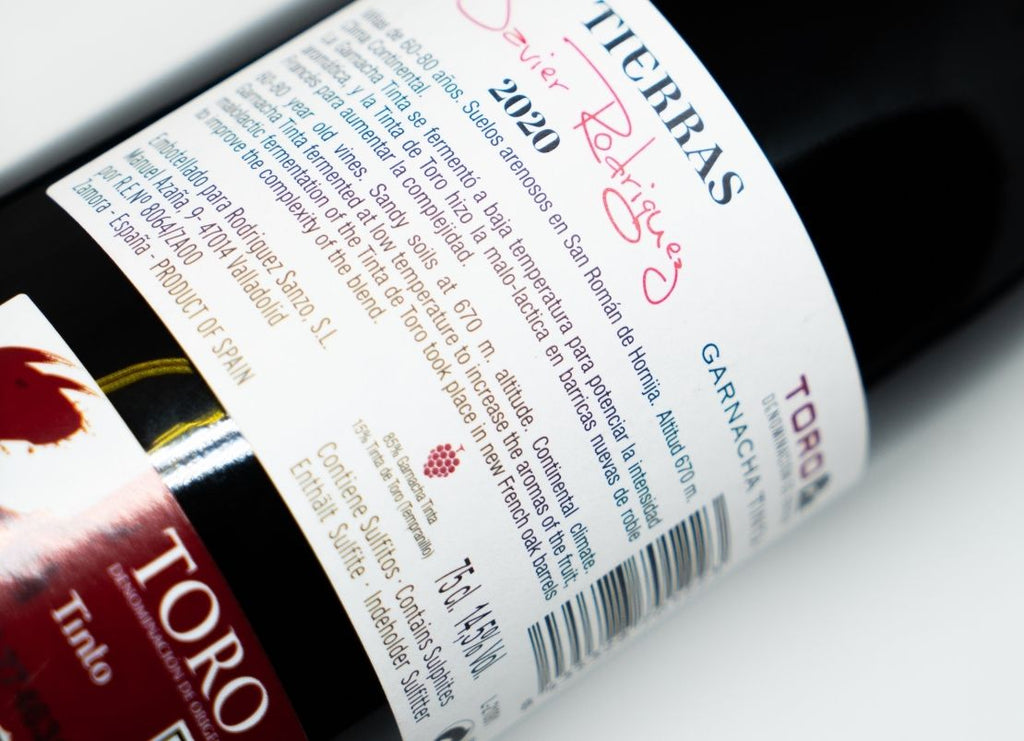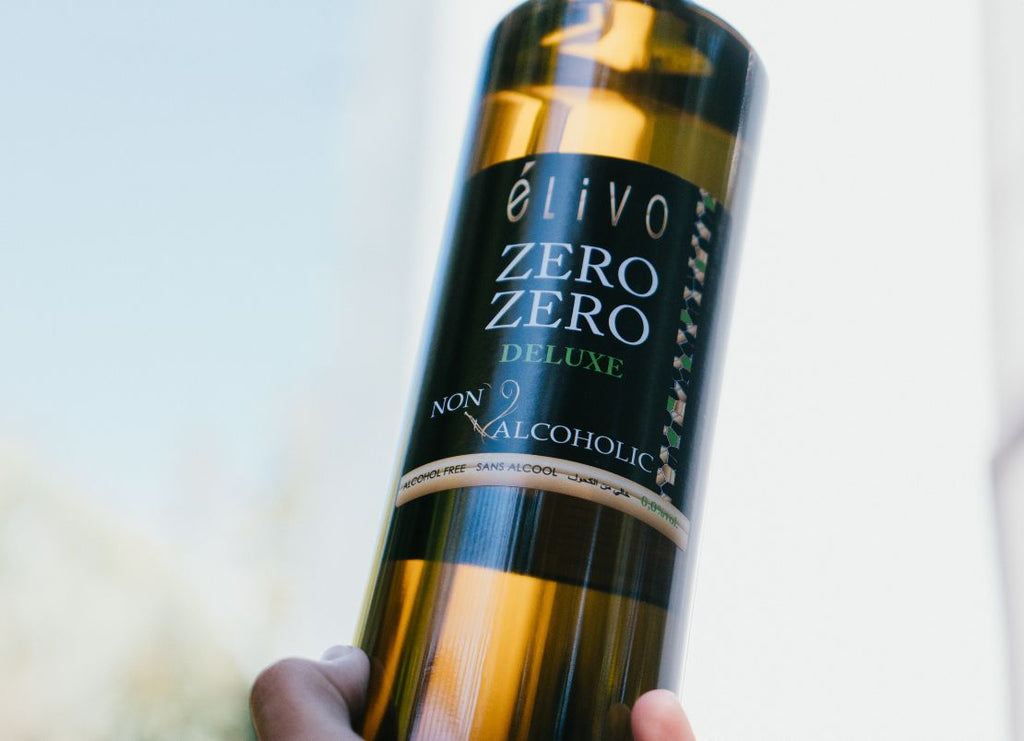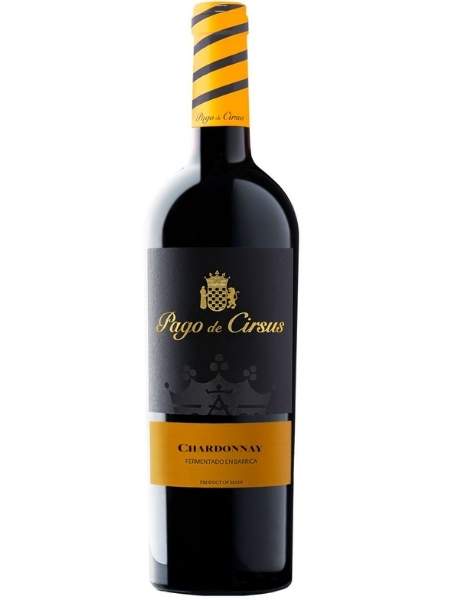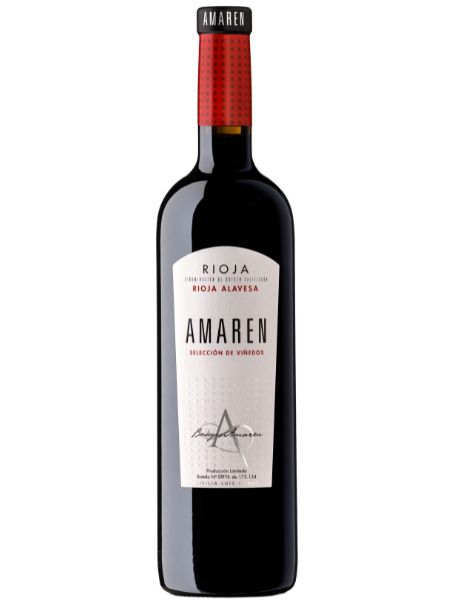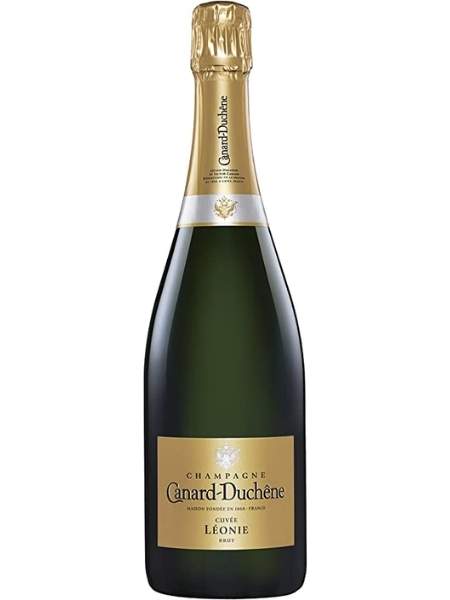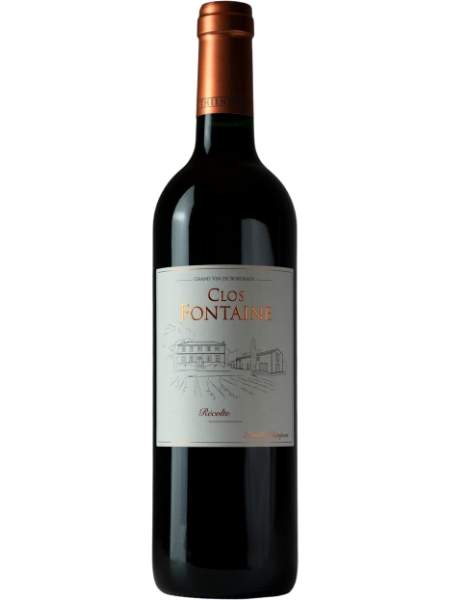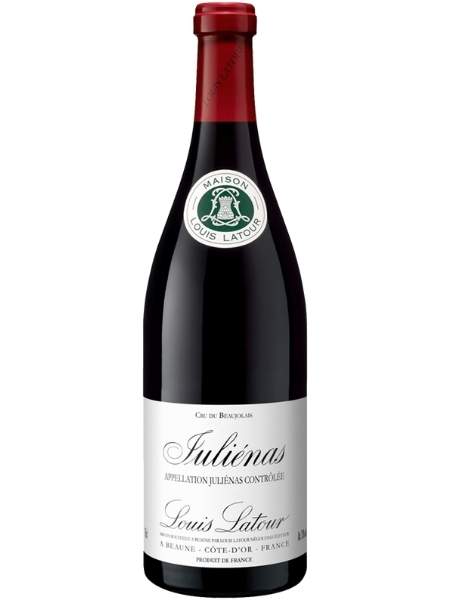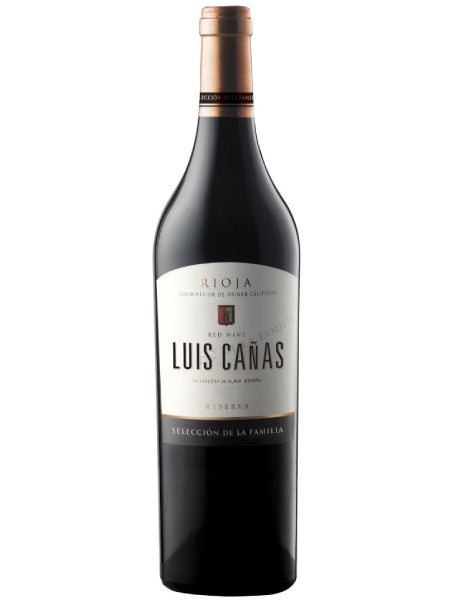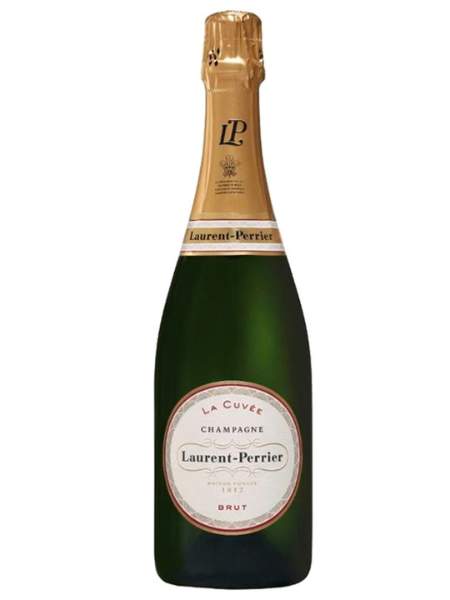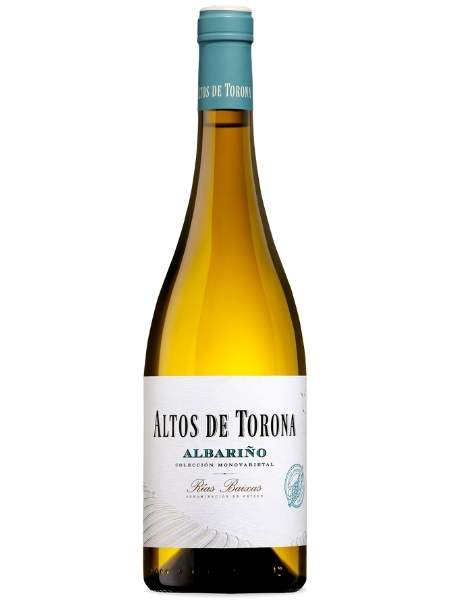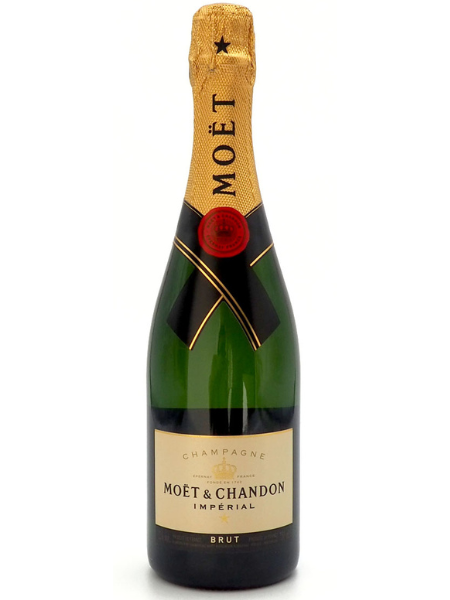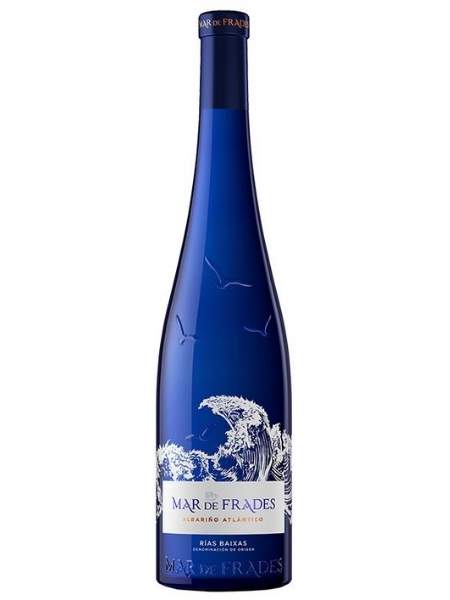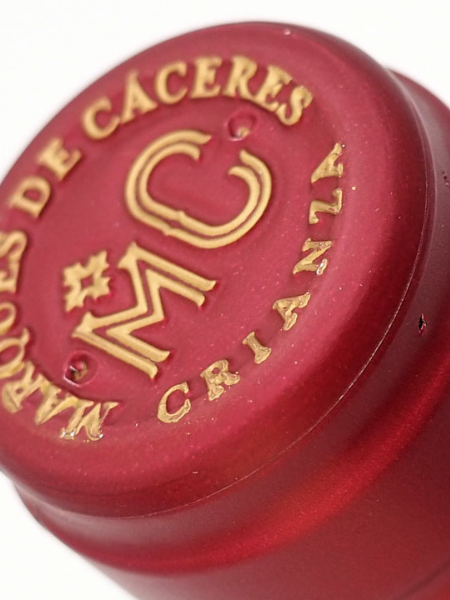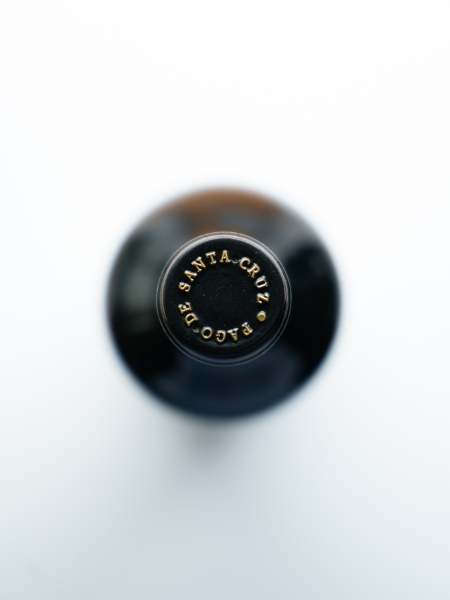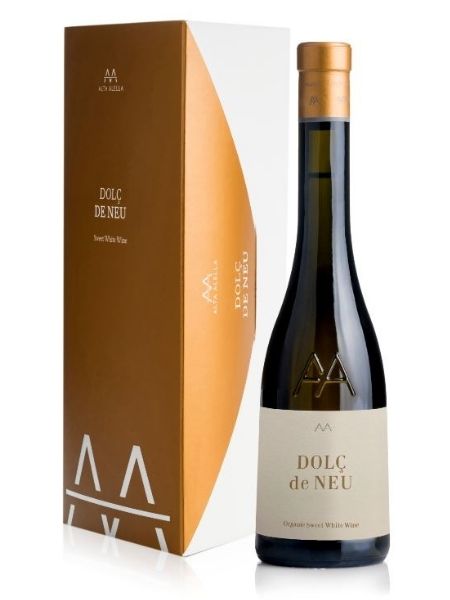
Should I Pay Attention to Wine Ratings? What Do They Mean?

In a world bursting with brands, varieties, and vintages, it's no wonder wine enthusiasts often turn to ratings for guidance. But what do these numbers and stars really convey? Are they the compass to the perfect bottle, or just another layer of complexity to an already intricate process? In this blog, we explain the meaning behind wine ratings, weigh the pros and cons of paying them any heed, and arm you with the knowledge to navigate the grape-laden sea.
Table of Content:
Understanding Wine Ratings
Wine rating systems are the yardsticks used by critics, whether professional or amateur, to judge a wine's quality and age worthiness. But the question begs, how are these assessments formed?
Decoding the Numbers and Stars
Systems widely adopted include those of major wine magazines such as Wine Spectator and Wine Enthusiast, alongside the influential '100-point scale' popularized by Robert Parker of The Wine Advocate. The ideals of these systems are simple: clarity and fairness. Wines are judged blind where vintages, regions, and prices are hidden to ensure objectivity. A wine that scores 95-100 is deemed to be 'extraordinary' and 'classic'; 90-94 is 'outstanding' and 'a wine of superior character and style'; 85-89 is 'very good' with 'well above average'; 80-84 is 'good' providing 'a solid, well-made wine.' However, the marginal differences for the casual consumer can often seem nuanced at best.
The Art of Scoring
Wine critics assess wine based on appearance, aroma, taste, and finish. While each aspect holds weight, the tasting is ultimately subjective and influenced by personal preference. The 'score' attempts to quantitatively encapsulate this qualitative journey, attempting to make a complex sensory assessment accessible to the layperson.
The Pros of Paying Attention to Wine Ratings
In the thick of it, wine ratings can serve as informative tools for both amateurs and connoisseurs alike. They can provide much-needed guidance and assurance when it comes to selecting a bottle.
A Guiding Star
Navigating a wine store or perusing a wine list can be an intimidating task. Ratings offer a touchstone, helping to narrow down the vast array of options to wines that have been 'vetted.' This can be particularly useful for those looking to explore wines from unfamiliar regions or vintages.
Quality Assurance
For many, quality assurance is the key draw of wine ratings. A highly scored wine is often seen as a dependable purchase, a bottle that is more likely to deliver on the promise of a pleasurable experience.
The Cons of Relying Solely on Wine Ratings
Wine ratings, however, are far from gospel. There are many who argue they should be only one of many factors in determining a wine's worth.
Personal Palates
The most glaring pitfall of wine ratings is their subjectivity. A wine awarded a perfect score on a major platform might not align with your own tastes. A richness that one critic lauds as opulent may strike another as overly decadent.
Limitations of the System
Wine ratings are necessarily reductionist, summing up an expansive and centuries-old tradition in just a few digits. This simplification can overlook wines that, while they might not hit the highest marks on all criteria, still offer a unique and enjoyable experience.
Tips for Interpreting Wine Ratings
So, how should you approach wine ratings to extract the most value? Here are some tips to decode these evaluative measures with finesse.
Look Beyond the Number
Dig into the review and see what led to the final score. Perhaps a wine scored low due to being in a style that a critic doesn't personally favour, even if it's well executed.
Second Opinions Matter
Don't just take one critic's word as law. Compare ratings across multiple platforms and critics to get a broader perspective.
Ultimately, wine ratings are a resource, not a rule. They can help point you in the direction of a potentially great bottle and provide some confidence in your selection. However, they should be just one part of the vineyard to table story. Enrich your wine journey by exploring, tasting, and forming your own opinions. After all, the best wine is the one you like the most, no matter the score. You can discover all of our wines here!

